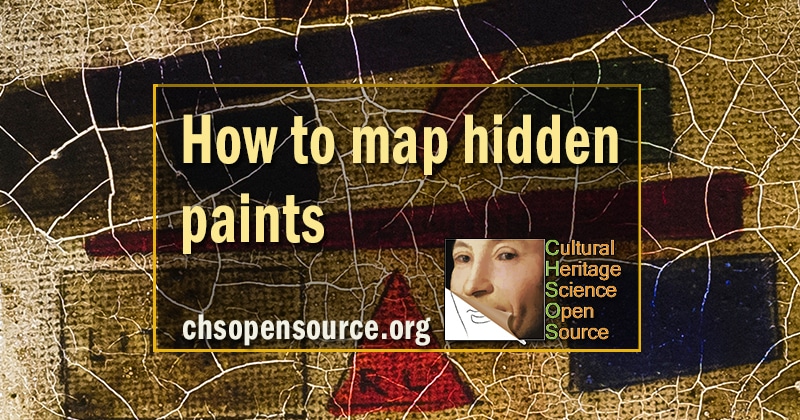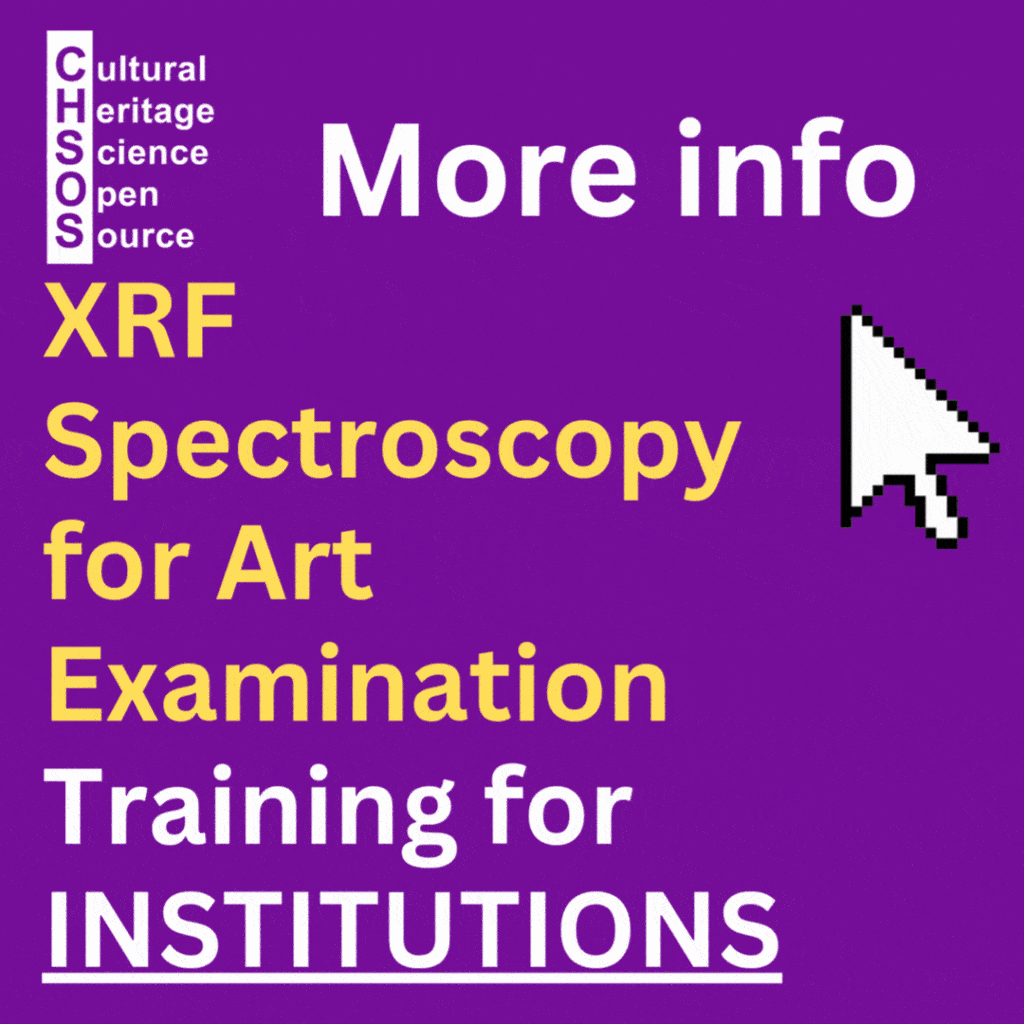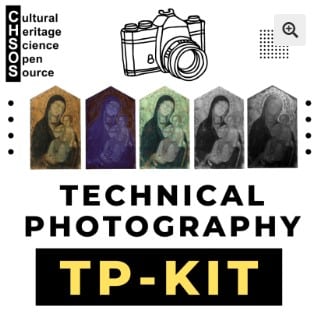
How to identify and map covered paints on translucent support, such as canvases?
We just published: A. Cosentino “Transmittance spectroscopy and transmitted multispectral imaging to map covered paints” Conservar Património 24, 37-45, 2016. doi:10.14568/cp2015021
Transmittance spectroscopy and transmitted multispectral imaging to map covered paints (6210 downloads )
Transmitted spectroscopy and transmitted multispectral imaging in the 400-900 nm range have been applied for the mapping and tentatively identification of paints covered by a white preparation as in the case of a white ground preparation laid for reusing a canvas for another painting.
This method can be applied to polychrome works of art, as long as their support and preparation are sufficiently translucent. Support, preparation, paints, and the covering preparation layer must be thin enough to allow light to pass through and be measured with transmittance spectroscopy.
This paper illustrates the measurements acquired from a test board consisting of a prepared canvas with swatches of 54 pigments covered with titanium white. The spectra were acquired with a portable spectrometer covering the VIS-NIR range. Similar to reflectance spectroscopy, transmittance spectra can provide useful information for the identification of pigments, since the light is absorbed depending on the chemical composition of the material tested. Based on the encouraging results obtained from the test board, the study was extended to multispectral imaging using transmitted light. This technique was able to successfully map paints covered by a layer of titanium white.
Encouraging results were obtained from 18 out of 54 historical pigments providing characteristic transmittance spectra even underneath a titanium white preparation layer. Interesting were the results obtained by transmitted light multispectral imaging (MSIT) applied on a mock-up painting also covered with a titanium white preparation.









